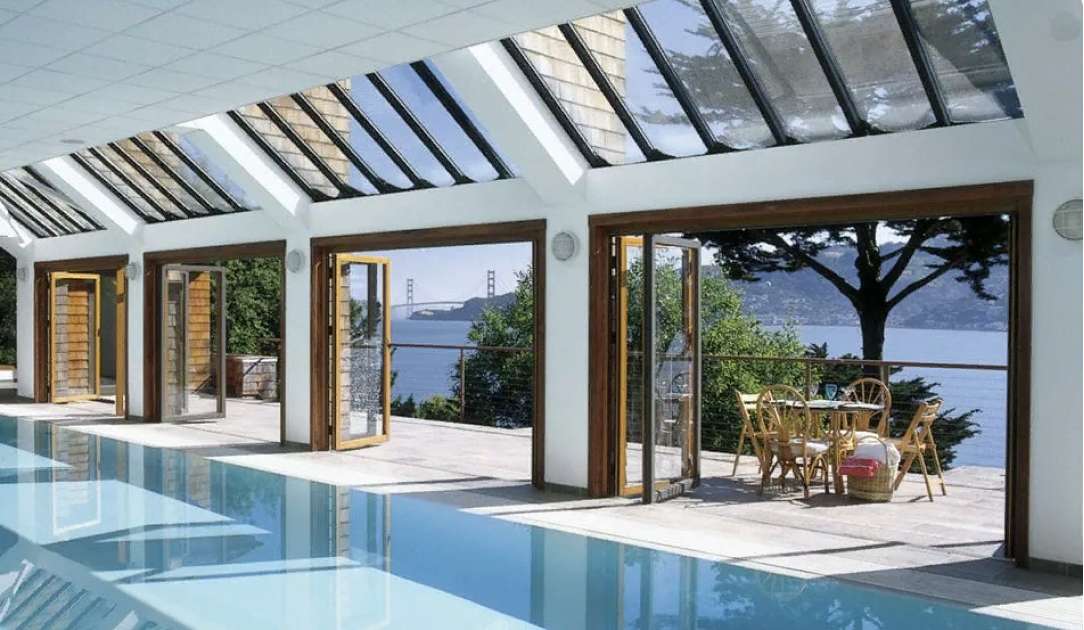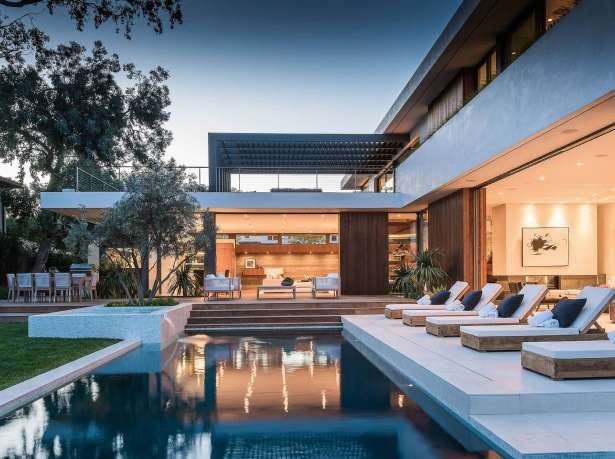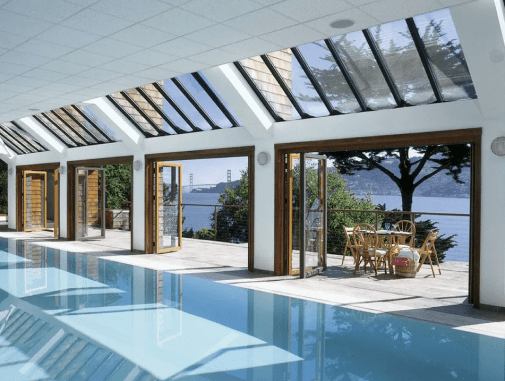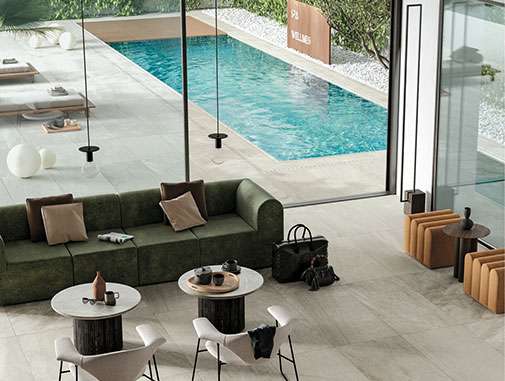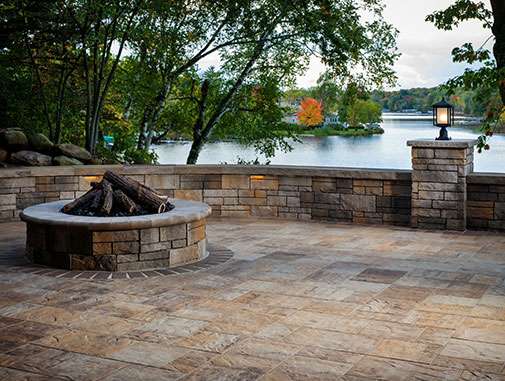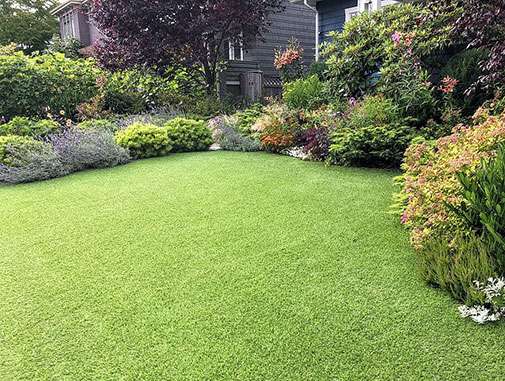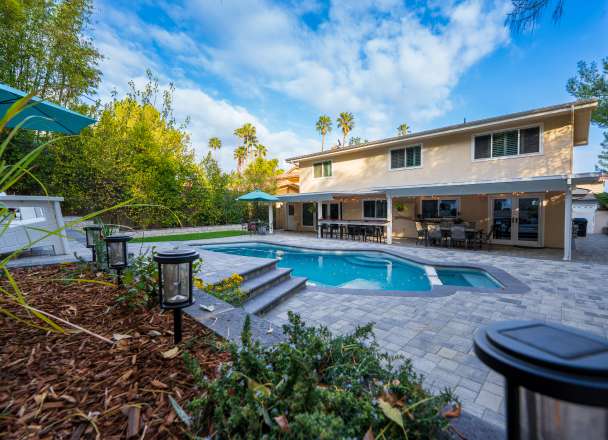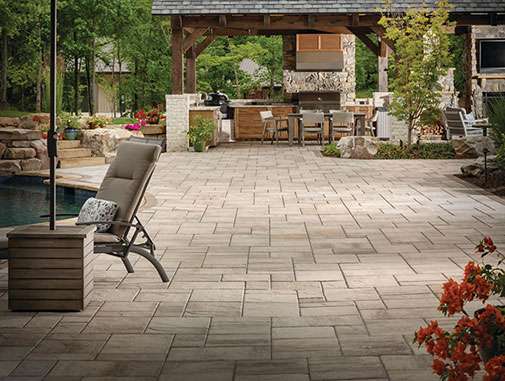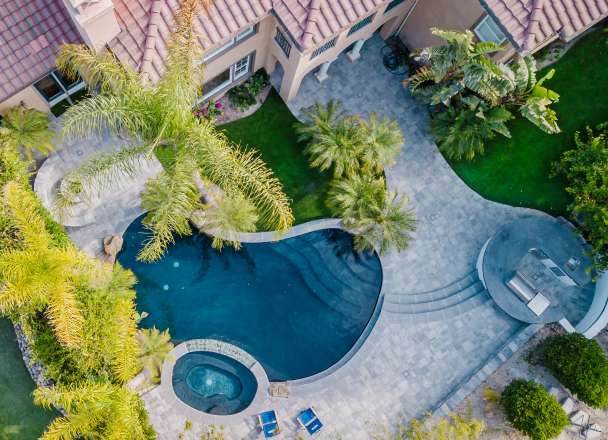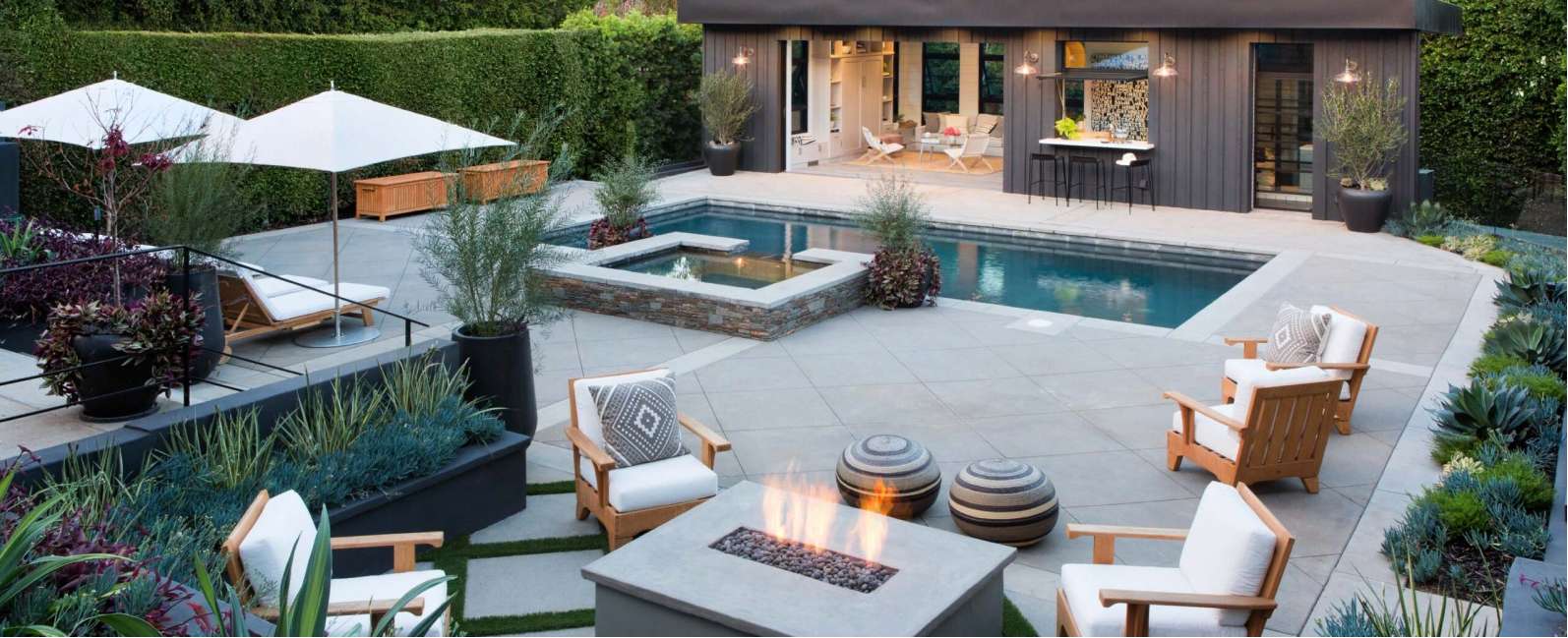Concrete vs. Pavers: A Comprehensive Comparison for Hardscape Projects
- #Exterior Remodeling
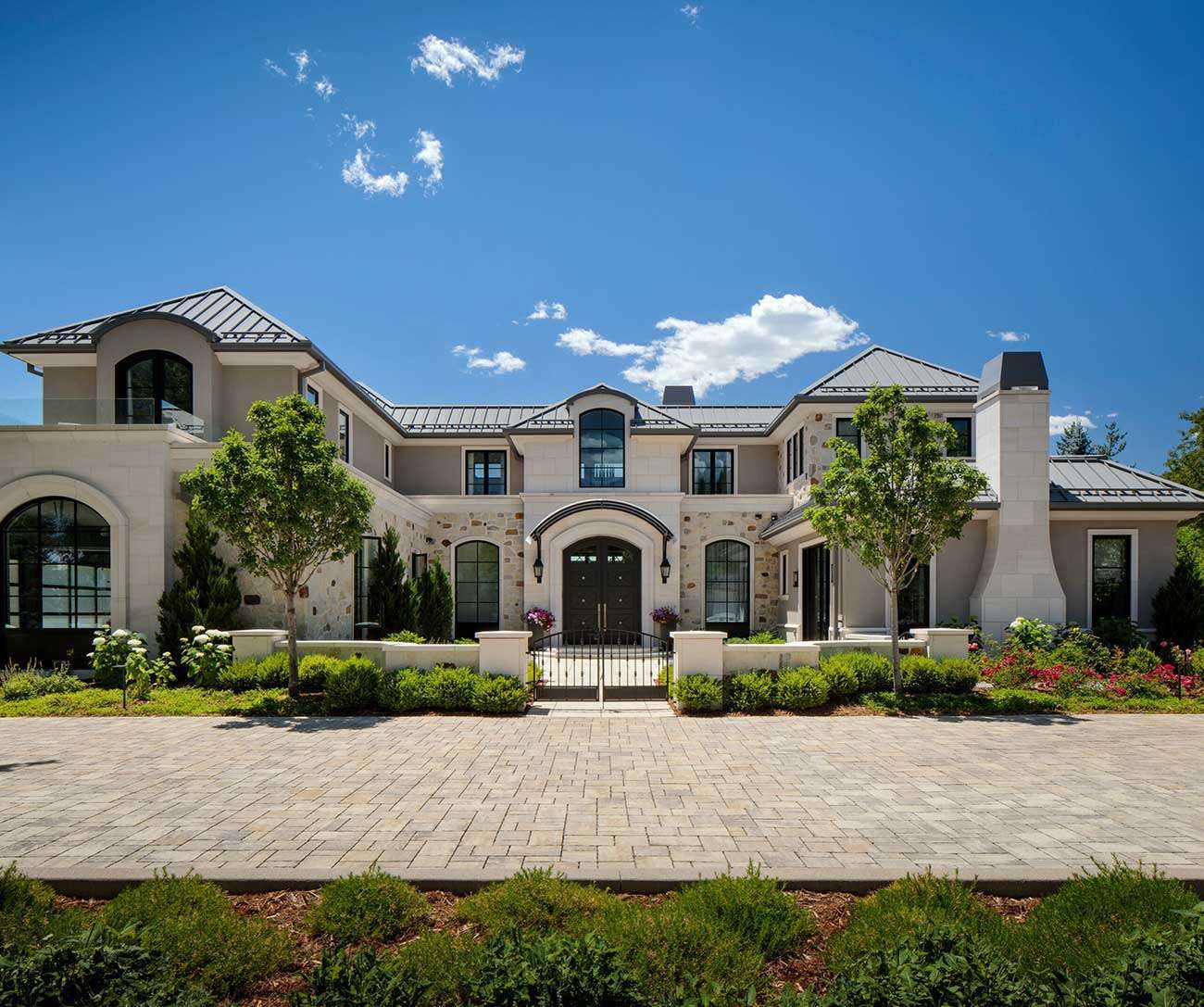
- Smooth Plaster Finish
- Shimmering Pebble Finish
When it comes to hardscape projects, choosing the right material is crucial. Concrete and pavers are two popular options, each with its own set of advantages and considerations. In this article, we will delve into the key factors that homeowners should consider when deciding between concrete and pavers for their hardscape projects. We will explore the visual appeal, cost of installation, durability, maintenance requirements, and impact on home value. By understanding the pros and cons of each option, you can make an informed decision that aligns with your aesthetic preferences, budget, and long-term goals.
Visual Appeal
Concrete: Concrete offers a clean, contemporary look with its smooth and uniform surface. It can be customized with various textures, patterns, and colors to suit different design styles. However, its visual options are relatively limited compared to pavers.
Pavers: Pavers provide a wide range of design possibilities, allowing homeowners to create intricate patterns, add texture, and experiment with different colors and shapes. With their versatility, pavers offer a more visually dynamic and personalized aesthetic compared to concrete.
Cost of Installation
Concrete: Concrete is generally more affordable in terms of upfront installation costs. It is a widely available material and requires less labor-intensive installation compared to pavers. However, additional decorative elements or finishes can increase the overall cost.
Pavers: Pavers are typically more expensive to install initially due to the higher material and labor costs. The intricate patterns and designs may require more time and skill for proper installation. However, pavers can be a long-term investment that adds value to your property.
Durability
Concrete: Concrete is known for its durability and ability to withstand heavy foot traffic and weather conditions. It is resistant to cracking and fading when properly maintained. However, extreme temperature fluctuations and ground movement can still affect its long-term stability.
Pavers: Pavers are designed to be highly durable and resistant to cracking. Individual pavers can be easily replaced if damaged, providing a cost-effective solution for repairs. Their interlocking nature allows for flexibility and prevents cracking caused by ground movement.
Maintenance
Concrete: Concrete requires minimal maintenance, primarily consisting of periodic cleaning and sealing to protect against stains, discoloration, and moisture penetration. Over time, concrete may develop cracks or surface imperfections that might require repair.
Pavers: Pavers are relatively low-maintenance, requiring occasional cleaning and re-sanding of joints to maintain their stability and aesthetic appeal. If any pavers become damaged, they can be individually replaced without disturbing the surrounding area.
Home Value
Concrete: Concrete can enhance curb appeal and increase the overall value of a property. It provides a clean and modern look that appeals to many buyers. However, the value increase may be more limited compared to other premium hardscape materials.
Pavers: Pavers often have a higher perceived value due to their versatility, visual appeal, and durability. A well-designed and properly installed paver hardscape can significantly enhance the curb appeal and resale value of a home.
Choosing between concrete and pavers for your hardscape project involves weighing various factors such as visual appeal, cost, durability, maintenance requirements, and impact on home value. While concrete offers simplicity and affordability, pavers provide versatility, aesthetic options, and long-term value. Ultimately, the decision should align with your specific preferences, budget, and the overall vision you have for your hardscape project. By considering these factors and consulting with professionals, you can create a stunning and functional outdoor space that suits your needs and enhances your property.
